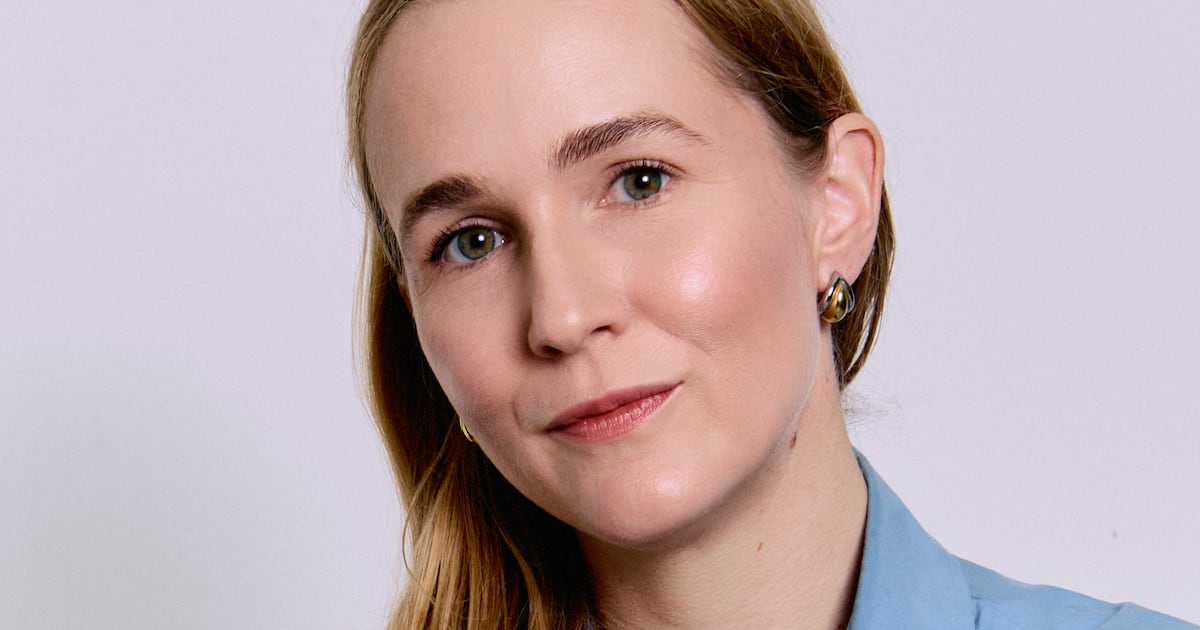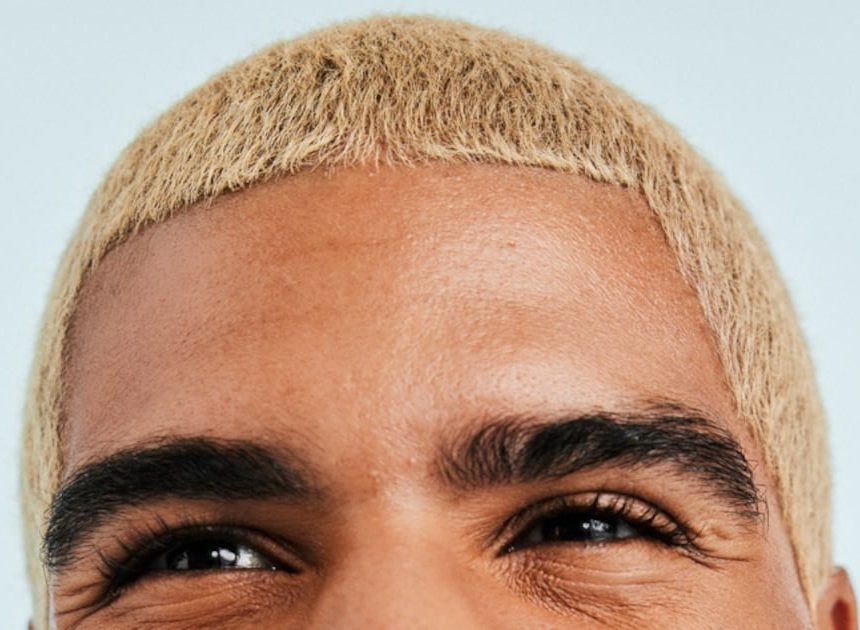For a fragrance to be a hit in Mexico, it must meet two criteria.
“In Mexico, people like to smell good. But they also like to smell a lot,” said Katerina Brunback, co-founder and director of operations at niche scent brand Laguna Cyprien.
That long-standing cultural predilection for bold, long-lasting scents has made perfume a popular category in Mexico for decades. But now, the market is seeing a fresh influx of interest, partly from younger domestic shoppers and a flurry of wealthy tourists passing through locales like Mexico City and Baja California.
One thing that unites both groups? A growing preference for niche Mexican-made scents, and less price sensitivity than their older counterparts.
It mirrors what’s happening in Mexico at large, said Veronica Peña, one of the co-founders of niche luxury brand Xinú.
“Mexico is going through a beautiful stage, almost like a renaissance,” she said. Cultural and sporting events like October’s Formula 1 race; Zona MACO, Latin America’s largest contemporary art fair and the Festival de México en el Centro Histórico, an arts event in March, have helped tick up tourism levels, bringing in more wealthy expats. She added that there’s been urban renewal in previously neglected areas and a culinary “explosion” in local restaurants.
That’s increased the number of high net worth customers flocking to its major metropolises. They’re bringing with them high expectations when it comes to perfume.
“The customer [here] is passionate about fragrance, and not shy about what they’re wearing,” she said.
To capitalise on the moment, local brands like Xinú, Laguna Cyprien and Perfumerica are moving fast, opening more stores, inking more collaborations and launching products with clear ties to Mexico and its surrounding nations. Xinú’s Aguamadera, $240, has notes of agave, a sweet succulent native to Mexico; accessibly priced brand Perfumerica will soon launch a mango-inspired scent (Mexico is one of the world’s largest mango producers); Laguna Cyprien, which makes room scents, soaps and detergents as well as perfume, is expanding its network to provide amenities to more Mexican hotels.
“There’s more of a focus on pride in Mexico, made in Mexico,” said Brunback.
As tourism in the country has ticked up, led in no small part by so-called “digital nomads” — foreign remote workers — consumer brands have refined their offerings to target these affluent visitors. According to Mexico City’s government, visits to the capital more than doubled in 2023, led by American tourists.
While anti-tourism protests are not uncommon throughout the capital, local businesses are reaping their benefits. Xinú’s 102-square-metre, light-filled space in ritzy Polanco has become must-see sites for visitors, appearing on broader “what to do in Mexico City” lists.
“It’s one of those things that makes people put their phones away,” said Peña. “They start experiencing the flowers and all the elements of the store, and lose themselves a little.”
Peña’s co-founders, Héctor Esrawe and Iganacio Cadena, are fellow architects and creative consultants. The wood-panelled store is filled with lush plants and floor-to-ceiling windows in a radial structure. Its dual-hemisphere perfume bottles are inspired by sculpture, artfully splattered with paint, and wrapped in repurposed fabrics in their boxes. “We take inspiration from the whole [Latin American] continent with no borders, just the volcanoes, the rivers, the people, the colours,” said Peña.
Xinú, which is bootstrapped but receiving interest from international investors, sources told The Business of Beauty, opened a separate store in Mexico City in October just for its homewares offerings, like soaps and candles, which are scented differently to its core fragrance line — a conscious choice to maintain the integrity of its personal fragrance line, and to increase its customer base. It currently has five stores in Mexico, with three more under construction. Perfumerica, which offers a range of scents priced around $40, is also increasing its door count, with a second flagship store set to open in Mexico City shopping district of Condesa on Nov. 21, its 22nd location in the country.
While tourism may be growing the industry to new heights, the perfume market in Mexico has always been robust, even when its economy has faltered.
“It doesn’t matter which socioeconomic layer you’re in, in Mexico, we have this concept of ‘coqueta’, which is a kind of flirtiness,” said Gerardo Pérez Rojas, co-founder of Perfumerica. “Perfume is definitely a big part of that,” he said, adding that while the economy is not booming overall, there is still a desire for authentic, well-executed brands.
While Mexico’s economy grew 1.8 percent in the first half of 2025, surprising analysts who had expected it to fall into a recession, purchasing power is bifurcated in the country, with small pockets of super-wealthy customers. Shopping habits also make scale harder: according to research by fragrance company Givaudan, around two-thirds of perfume sales still happen door-to-door. Pérez Rojas said department stores still control much of the niche perfume market, and that it’s hard for brands to grow without distributors.
Still, all three brands are determined to push ahead with their own stores.
“[Perfume requires a lot of interaction with your customer directly,” said Brunback, who also said that Laguna Cyprien was evaluating expanding into other Latin American markets before considering entering the US. “We have a great product that would actually resonate a lot with Latin America in general,” she said, adding that she feels the brand has a better chance growing in markets and economies that are still growing. Brazil is particularly attractive, as the world’s second-largest fragrance market after the US.
While expansion in Latin America can help Mexican brands grow their businesses, if they do decide to extend their offering in the US, they enjoy more preferable trading arrangements than other Latin nations. Despite fluctuations in tariff policy, fragrances are exempt under the USMCA trade deal inked in 2018. Xinú and Laguna Cyprien ship to the US currently, while Perfumerica is carried in some American retailers including niche perfumery Osswald in New York City.
Robust demand at home will also keep appetite high.
“In Mexico, we love when someone says, ‘Oh I knew you were in this room because I smelled you’,” said Perez Rojas. “It’s part of our identity.”
Sign up to The Business of Beauty newsletter, your complimentary, must-read source for the day’s most important beauty and wellness news and analysis.


